14 de febrero 2024

Children of Exile: The Births “Sowing Hope” in the Camp of Nicaraguan Farmers

PUBLICIDAD 1M
PUBLICIDAD 4D
PUBLICIDAD 5D
Ex-prisoners who were forced into exile by the regime share details about their first year in the US, surviving the after effects of prison
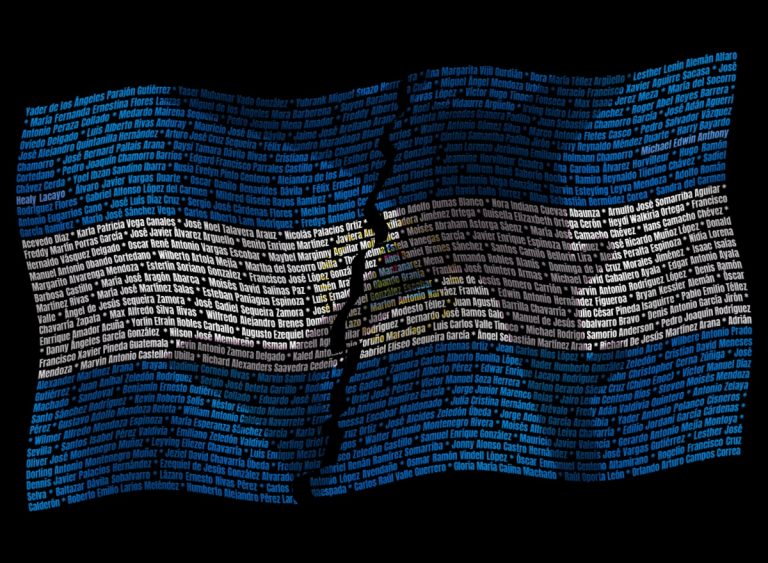
"This is not my country. What am I doing here?" Maria Esperanza Sanchez asked herself as she looked around in all directions in a U.S. city, a few days after being released from prison and stripped of her Nicaraguan citizenship on February 9, 2023, along with 221 other Nicaraguans, by orders of the Daniel Ortega-Rosario Murillo dictatorship. One year after that bittersweet release, the former prisoners in this first group of banished Nicaraguans continue to seek their way in a country that is completely alien to many of them.
There's the problem of language, the need to find a job –any job–, find a place to live –and manage to pay the rent–, learn to get around, reinvent oneself, be able to feed oneself... and –in the middle of it all– deal with the physical and mental trauma of months and years in prison.
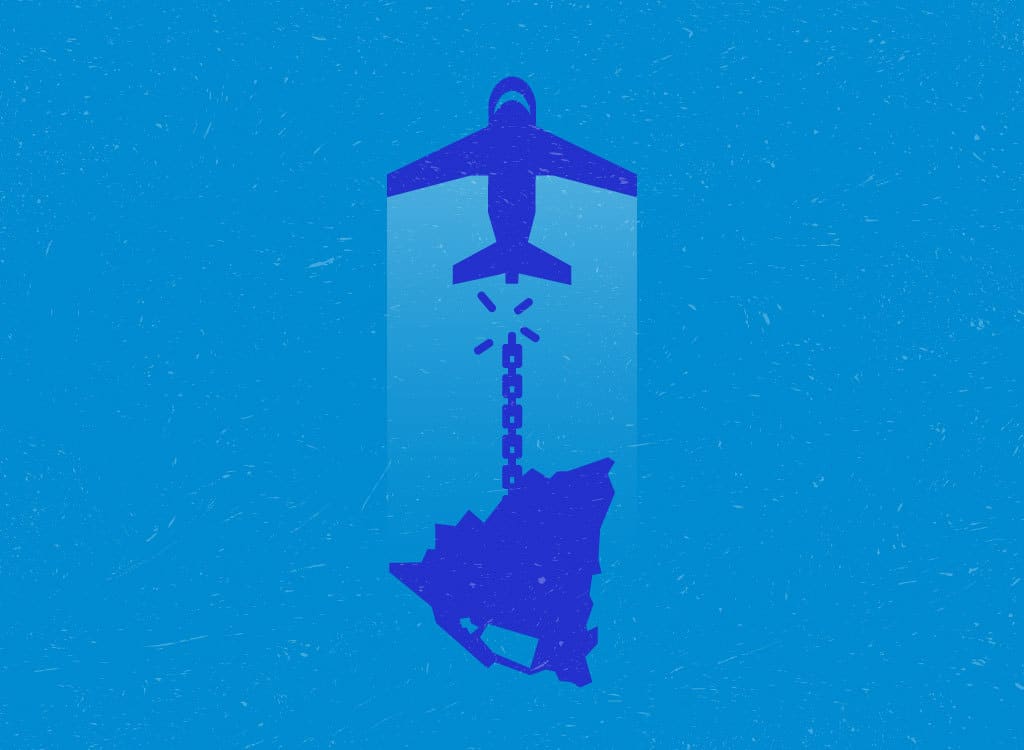
Some of the released prisoners have managed to reunite with one or more family members in the United States. Others have had to re-learn how to do everything, and on their own: different kinds of jobs from the ones they did in Nicaragua, living with strangers, learning to communicate in English, initiating immigration processes to achieve family reunification. The word they use to sum it up: "survival."
CONFIDENCIAL spoke with former prisoners of conscience about their first year since being released from prison and banished from Nicaragua. Some say that if they had remained in prison, they might have died by now. The most optimistic of them hope to see Nicaragua freed from the dictatorship, but the most practical say that their basic needs and the struggle to be able to reunite with their loved ones are their priorities at the moment. Nostalgia constantly invades their consciousness, as do the nightmares of their days and nights in prison, the torture, the mistreatment.
Through first-person testimonies, these ex-prisoners recognize that forced exile is hard, but that it also represents a new beginning. These are their stories of resistance and survival.
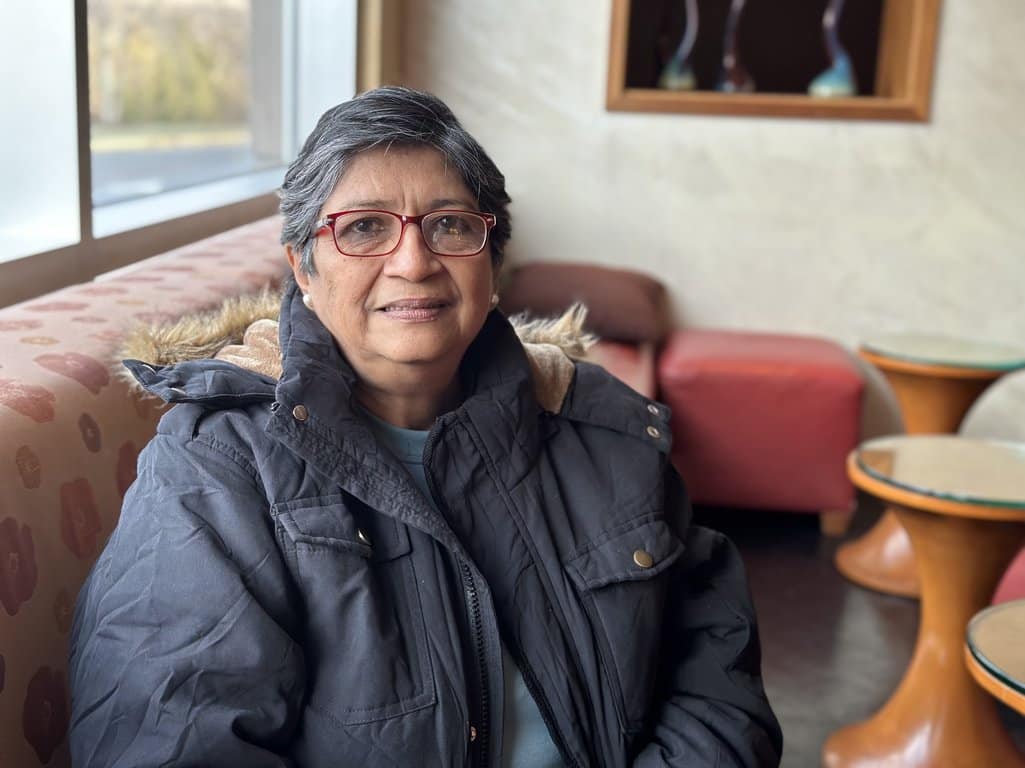
Rusia Evelyn Pinto Centeno, 64, spent 460 days in prison. She was incarcerated on November 6, 2021. She currently lives in Maryland and works as an educational facilitator. Her health suffered from her dictatorship-imposed imprisonment. During the first year of exile, her priority has been to recover her physical and emotional well-being. Settling in the U.S. has been challenging.
One of the things that I've become aware of while being here in exile, without a pension, stripped of my nationality, with everything having been confiscated, is that I am already a senior citizen. I can't believe it. I didn't think of myself like that. Honestly, I didn't think of myself that way until I entered prison and I realized how the other prisoners saw me: as an old woman.
I had always been active in groups with peers who are just like me. We had all been friends since we were young and we always got together to do things for others. To now realize that I am now a retired, older woman – it only dawned on me when I got into a situation of vulnerability, of being imprisoned, and then expelled and forced into exile.
This is something I've been working on with my therapist. I had to work on my self-confidence, doing things little by little. The issue of getting a job was important in that regard, even more than because of the income a job might represent. It allowed me to be active, to learn new things.
Among the 222 there are quite a few older adults. There's been a lot of emphasis on this. It's like suddenly you look at yourself again and say, "Yes, I am part of that group."
This has helped me a lot to become aware of what my limitations are, the things I should be careful when doing, the things I should not do. But the most important thing is that I have the willingness to learn. In that sense I consider myself a fast learner. I have no problems with technology. I have connected well with the programs, with the different technologies that exist now such as social networks or online presentations. That has made me feel a sense of renewal.
Evelyn Pinto
Nicaraguan activist
I didn't think of myself that way until I entered prison, when I realized how the other prisoners saw me: as an old woman (...) I became afraid that my body could start to progressively and rapidly deteriorate."
Instead of feeling stagnant or overwhelmed that I am old, that I am sick, that I am exiled… instead of ruminating about my misfortunes, I have tried to see the opportunities that being here is offering me. I try to be optimistic, to thank God for everything: for freedom, for being alive, for being well, for being with my family.
I think the hardest thing for me [in prison] was the fear that my body could start to progressively and rapidly deteriorate. I have chronic renal disease, which could lead to renal failure in the end. I am in that previous stage, I am at level four. There are five levels. When I entered [prison] I was at level three.
My doctor always told me: "Your blood pressure is fine, but if your blood pressure goes up, your kidneys will be affected. If your kidneys are affected, you'll be entering the phase of renal failure." That was what really marked my stay in prison, because that was my greatest fear.
In prison they had me on a senior citizen plan. They took my blood pressure three times a week, they took my vital signs... but that was of no use to me. What I needed were the tests to know how all my levels to be able to adjust the medicines.
After being released and expelled from Nicaragua, tests revealed that I had in fact suffered major deterioration while in prison: high potassium, high creatinine... Everything was out of balance. The nephrologist put me on treatment with a diet and a number of levels to lower, if possible, to maintain stable renal function. I did it and it was successful.
After all these months, I have had regular check-ups by the nephrologist, who is seeing me every four months. The last time she saw me, she said that my kidney function had improved. That had been one of my biggest worries –my health issues– and, luckily and thank God, I have my daughter here in the United States –she's also an exile– and I was able to reunite with her again here.
The plan to free them emerged in a matter of days, after long months of covert diplomacy. It came to fruition on January 29, when Nicaraguan Foreign Minister Denis Moncada posed an unexpected question to then-Ambassador Kevin Sullivan, who had headed the U.S. Embassy in Managua since 2018: Would the United States accept all of Nicaragua's political prisoners?
Excerpt from the chronicle "Operation Nica Welcome", de Kate Applegate
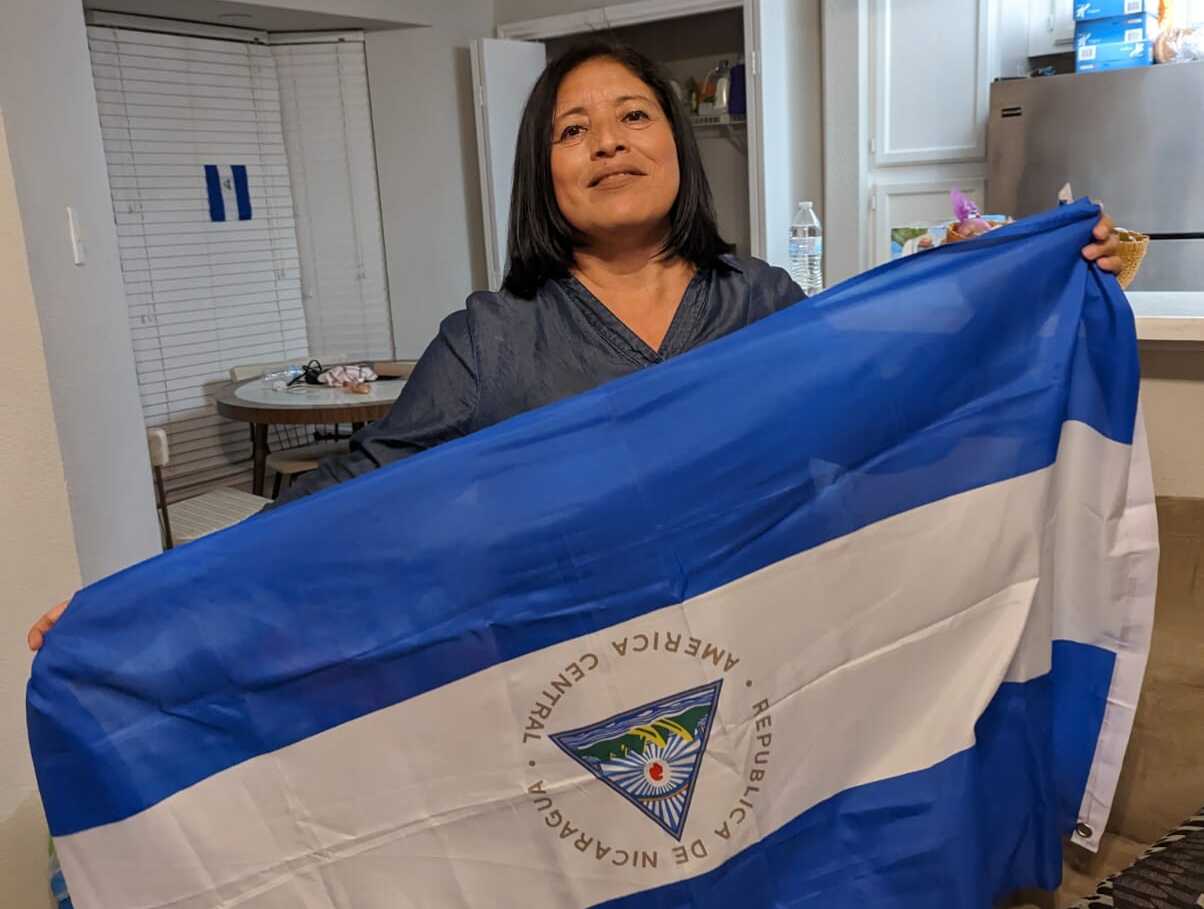
Maria Esperanza Sanchez Garcia, from Matagalpa, spent 1,110 days in prison. She was incarcerated on January 26, 2020. She currently lives in Houston and works as a pollster. She has suffered from asthma since she was a child and it worsened in prison. During her first months of exile, without medical insurance, she treated her asthma with inhalers that her children sent from Nicaragua.
I've had asthma since I was seven years old, but the attacks intensified in prison. Before, while I had problems with high blood pressure, I was able to keep it stable, and I didn't take medication. I started taking medication in prison, where I also had many asthma attacks. One that was very difficult was in August 2022. According to what they [the prison authorities] said, it was an asthma attack, but I think it was COVID, because no asthma medication that I took helped at all.
I couldn't breathe, neither sitting nor lying down. I couldn't walk even two steps, not even to get to the toilet. That was one of my most difficult moments, because I felt I was going to die in prison from an "asthma attack". But I still think this was COVID, because I was taking the asthma treatment my family had brought me, and even that couldn't control the problem.
The doctor who treated me in prison was looking after my health, and I remember that time I grabbed her hand and said, "Don't let me die. I don't want to die in here." She told me that she was going to do whatever was needed to get the general practitioner at La Modelo [the men's prison] to see me. And she did it. But there was no change. I used the inhalers, the nebulizations, but what I really needed was oxygen, and in the prison there was no oxygen, and the director did not authorize bringing in an oxygen tank for me.
I spent a little over a month being extremely tired. The guards came with my inhalers all the time because I couldn't breathe. That was one of the moments when I felt I was going to die in jail.
I also had a crisis of hypertension, of the kind that doesn't cause any symptoms, because I did not feel anything. But the doctor was scared, because my blood pressure wouldn't go down. She told me: "You could have a heart attack."
María E. Sánchez
Nicaraguan opposition activist
Sometimes I'm fine. Then suddenly I get sad again. And you know what my biggest worry is? Dying here. Where are they going to take me if they can't even bury me in my own country?”
After that, when we were taken out on the 8th, because it was on the 8th [of February] that they took us out of our cells and away from our prison, they [the prison authorities] didn't let me take a single inhaler with me. They didn't let me keep them in my cell, but they came in at specific times when they remembered. And when they forgot, I had to shout to the official to get my inhalers.
I arrived in the United States with an asthma attack and high blood pressure. As soon as I set foot in the country they took me straight from the airport to a hospital. I received good attention, which I had not received in the more than three years I was in prison…. I also came with a severe kidney infection. That was also due to being in jail, because the water there isn't good.
Once I started living in the United States, there was a time I had a fever every day, but I was afraid to go to a hospital on my own because of how expensive health care is here. In the end, they had to take me and the four-hour episode cost me $3,000, and I had no money at all. How could I pay $3,000? Thank God the CVT [Center for Victims and Torture of Houston] made the arrangements and they paid.
After that I said to myself: "Even if I am dying, I will not go to the hospital again, because health care is so expensive here." Personally, this has affected me a lot. I began to receive health care through health coverage that started four or five months after I arrived. They started giving me asthma inhalers and blood pressure pills. But before that, the only way I survived was because my children found ways to send me inhalers from Nicaragua.
I thank God that we are in a free country, with opportunities. I would rather be here than in jail. I have mixed feelings because I would like to be with my family, but at the same time I am happy because I am free, I can work, and above all, I can continue in the struggle for the freedom of Nicaragua.
The first months were very sad. I had nightmares, and I was only able to sleep sometimes. I would go out on the balcony and look at everything. I thought: "This is not my country, what am I doing here?" It was frustrating, everything was so difficult.... Sometimes I'm fine. Then suddenly I get sad again. And you know what my biggest worry is? Dying here. Where are they going to take me if they can't even bury me in my own country? Those are things that sometimes get into my head.
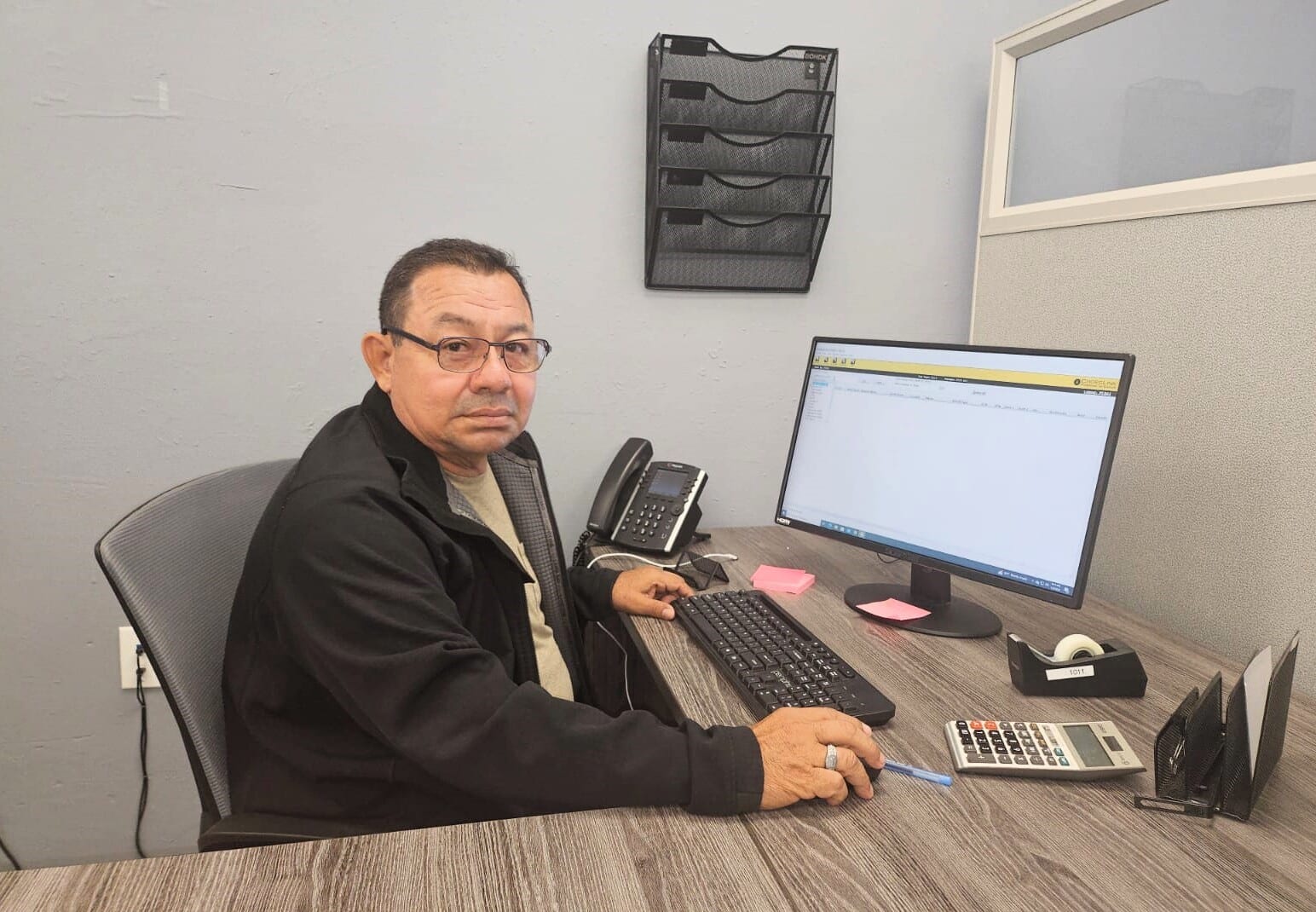
Donald Margarito Alvarenga Mendoza, 58 years old, spent 460 days in jail. He was imprisoned on November 6, 2021. He was an agricultural engineer in Chinandega and had to reinvent himself as a tax consultant in Florida, but aggravated chronic renal insufficiency prevents him from getting a job.
I was diagnosed with chronic renal failure in 2015, and I was granted a pension for a common illness, but the Social Security Institute did not want to pay out a pension for occupational disease. That implied a less favorable pension, but I survived in Chinandega by selling food for a bit of extra income. I stuck to my diet and kept my creatinine levels low. But when I entered the prison, the stress, combined with not being able to receive the necessary diet, worsened my condition.
One weekend, before we were expelled [from Nicaragua], the tests showed that my kidneys were only working at 40%, but when I arrived in the United States I was under tremendous stress. I did not know what was going to happen here. I still have no one here. That impact, that stress, greatly damaged me, to the point that my kidneys are working at 14%. That means that I am undergoing peritoneal dialysis. So I'm fighting to get on the kidney transplant waiting list at Jackson, which is the transplant center in Florida.
Donald Alvarenga
Nicaraguan opposition activist
My kidneys are working at 14%. I am undergoing peritoneal dialysis, and I am fighting to get on the waiting list for a kidney transplant (...) I am living in exile, trying to have faith in human beings”
When I was arrested, I was sure that I was going to get worse. I was determined to fight against this dictatorship and I knew that, at any moment, they could at the very least give me a beating or put a bullet in me. It is a dictatorship that is going to try to stay in power... I am still telling the story.
Being 56 or 57 years old at the time, I had never left Nicaragua. I had no idea what I was doing here [in the U.S.], or what I was going to do here. It has been very difficult, because of my health and employment problems. This problem of renal insufficiency has meant that I have not been able to integrate myself into a specific job.
I have a lot to be grateful for because if I had been in prison I would have died by now. That is a fact. And thank God, for better or worse, here in exile I am surviving, because if I were in prison I would already be dead.
In this country, I have to work to be able to eat and to have a roof over my head. There have been very supportive people who have helped me to survive during this first year, and I am very thankful for them. I am living in exile, trying to have faith in human beings.
***
* Editor's Note: The first-person testimonies were constructed through one or several conversations with the exiled political prisoners. Some expressions were edited for accuracy or clarity, preserving the sense of the shared testimony. Three of the eight testimonies were translated into English.
One year after “Operation Nica Welcome” took place – to receive the 222 political prisoners (among them 37 women) – the U.S. Government revealed that the operation cost approximately $1 million, not including the subsequent assistance of government agencies and civil society organizations.
During a forum organized by the NGO Race & Equality, the Deputy Assistant Secretary for Central America of the State Department's Bureau of Western Hemisphere Affairs, Eric Jabobstein, said that “despite the efforts, there are many challenges.” He detailed that some twenty of the former political prisoners are of retirement age and are vulnerable to falling into destitution, and others face severe physical and psychological issues, “due to their unjust imprisonment.”
Eric Jacobstein
U.S. Department of State
Where the 222 are now and what they need is a question with 222 different answers. We recognize that there are needs and we support their efforts to obtain the resources and services to lead a life of dignity (...) We remain steadfast in our support for the people of Nicaragua.”
The U.S. government, however, declined to provide details about the family reunification process. “Out of respect for the privacy of the individuals, we will not provide details about their current situation. We can say that many have joined communities of the Nicaraguan diaspora in California, Texas, Florida, Washington, Maryland, and Virginia,” they said.
“We are doing our best,” U.S. officials stressed, “to stay in close contact with these individuals on various issues and to offer them resources, guidance, and connect them with organizations that continue to support them.”
This article was originally published in Spanish in Confidencial and translated by our staff. To get the most relevant news from our English coverage delivered straight to your inbox, subscribe to The Dispatch.
PUBLICIDAD 3M
Confidencial es un diario digital nicaragüense, de formato multimedia, fundado por Carlos F. Chamorro en junio de 1996. Inició como un semanario impreso y hoy es un medio de referencia regional con información, análisis, entrevistas, perfiles, reportajes e investigaciones sobre Nicaragua, informando desde el exilio por la persecución política de la dictadura de Daniel Ortega y Rosario Murillo.
PUBLICIDAD 3D